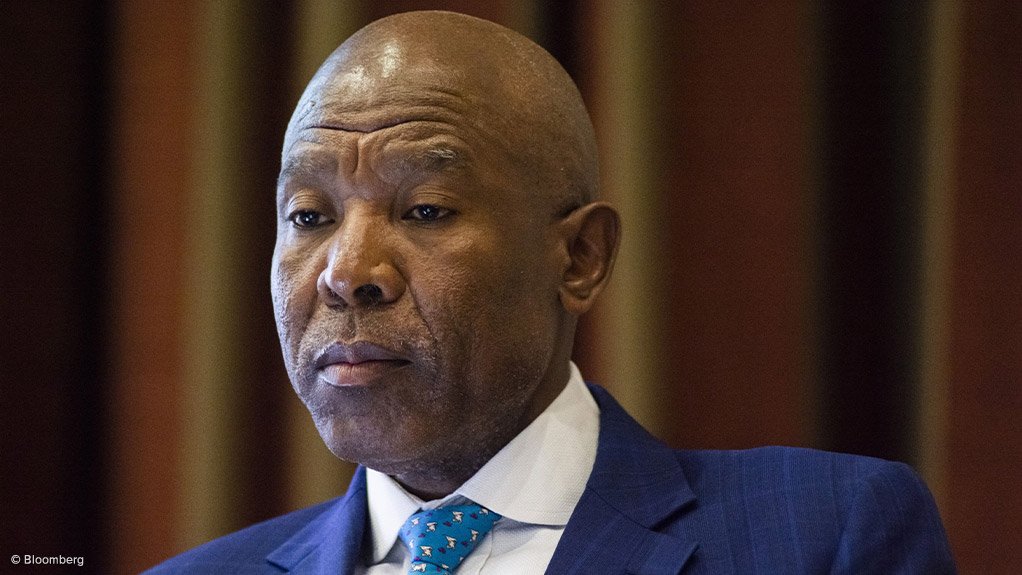South Africa’s Monetary Policy Committee (MPC) kept interest rates on hold at 8.25% in its first meeting of the year, having left the benchmark rate unchanged at a 14-year high for the past nine months. This was in line with economists' expectations.
The decision was unanimous, with the MPC currently made up of five members after David Fowkes, who was appointed as an advisor to the governors on 1 December, was made part of the committee.
The choice to maintain rates at a fourth consecutive MPC meeting comes after annual consumer price inflation (CPI) eased for a second month to 5.1% in December, the lowest since August last year and below economists' expectations of 5.2%.
On Thursday, headline producer price inflation also drew back – it decreased 0.6% month-on-month in December and 4.0% year-on-year. The figure again came in below market estimates.
Despite inflation’s downward trend, the average headline CPI in the fourth quarter was above the SA Reserve Bank’s (SARB) forecasts. Further, SARB’s targeted range for inflation is 3% to 6%, with CPI still higher than the mid-point of 4.5%.
"While headline inflation continues to ease in much of the world, core inflation [which excludes volatile fuel and food prices] remains sticky and high," SARB Governor Lesetja Kganyago said in his presentation in Pretoria on Thursday.
The longer-term economic outlook is also uncertain, as geopolitical tensions and climate change threaten supply chains, output and prices. This uncertainty, alongside high interest rates and debt, will dampen investor appetite and capital flows, resulting in volatile financial markets and asset prices, he said.
The SARB sees fourth quarter gross domestic product fourth quarter expanding by 0.4%, an improvement on the 0.2% contraction in the third quarter.
The performance of Transnet and Eskom remain a burden on the economy, with the governor saying:
The operation of ports and rail has become a serious constraint, and, alongside electricity shortages, contributed to weak output growth and higher costs last year. These constraints are expected to persist, severely limiting potential growth of the economy.
GDP growth was revised down to 0.6% from the November figure of 0.8%. The central bank’s GDP growth forecast for 2024 and 2025 was unchanged from the previous meeting, at 1.2% and 1.3%, respectively.
Fuel price inflation was expected to be low, averaging below 1% in 2024. Food price inflation was revised higher for 2024, to 5.7%, but remained broadly unchanged over the forecast period. Core inflation was 4.9% in 2023 and the core inflation forecast for 2024 and 2025 was little changed at 4.6%, and 4.5% in 2026.
Headline inflation for 2024 is expected to ease to 5.0%, to 4.6% in 2025, and to 4.5% in 2026.
"While our baseline inflation forecast is of continued gradual moderation in global and domestic inflation, the risks to the outlook are still assessed to the upside," said Kganyago.
Edited by: News24Wire
EMAIL THIS ARTICLE SAVE THIS ARTICLE
To subscribe email subscriptions@creamermedia.co.za or click here
To advertise email advertising@creamermedia.co.za or click here













